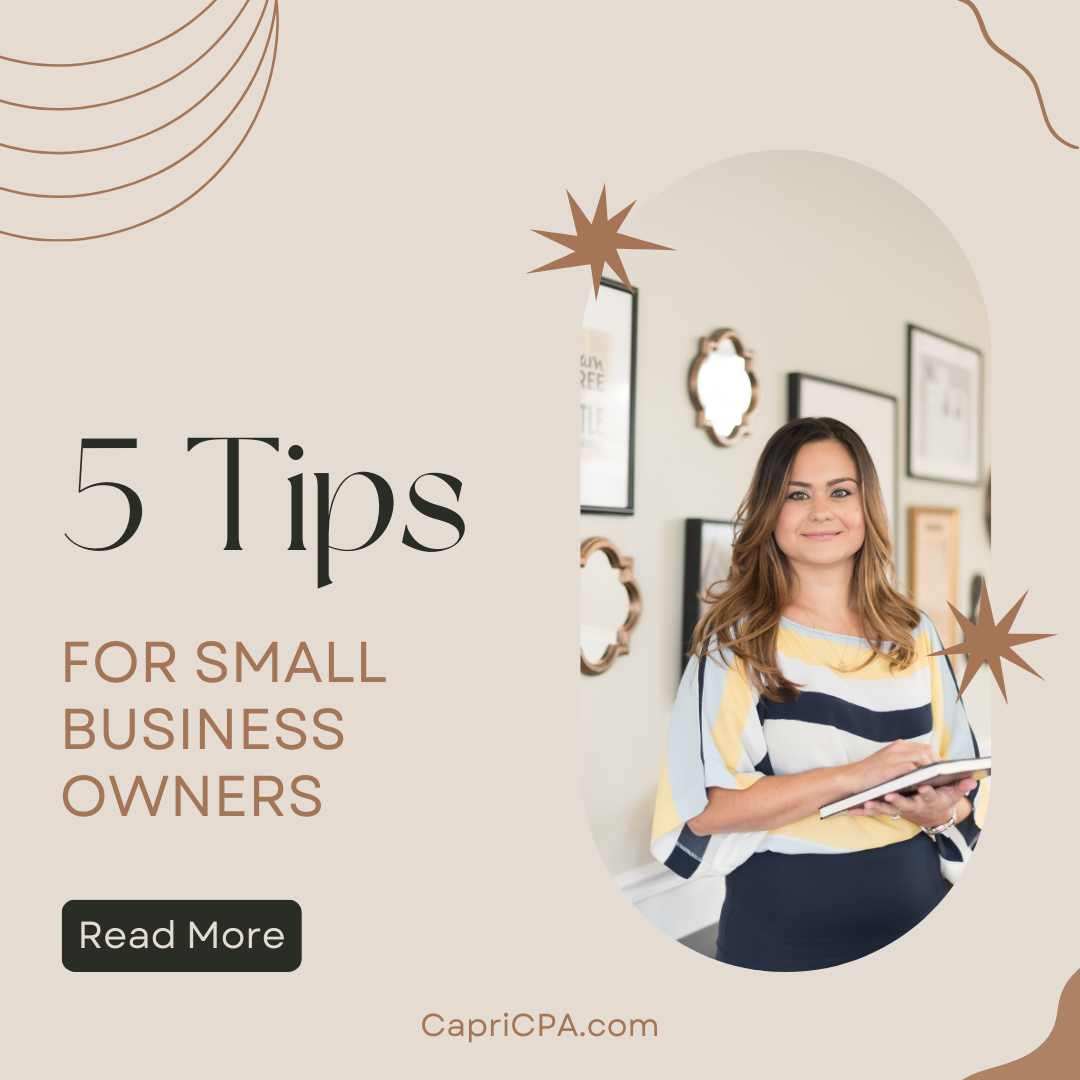Running a small business comes with its fair share of challenges, and taxes are often at the top of the list. Whether you're just starting out or have been in business for years, navigating tax requirements can be overwhelming. Here are the top five tax questions small business owners commonly ask—and the answers you’ve been looking for.
1. What Tax Deductions Can I Claim?
Small business owners can deduct many expenses, but knowing what qualifies is essential to avoid leaving money on the table. Some common deductions include:
-
Home office expenses: If you work from home, you can deduct a portion of your rent, utilities, and internet.
-
Business travel and meals: Expenses related to work trips and meals with clients are partially deductible.
-
Equipment and supplies: Computers, tools, and office supplies used for your business can be written off.
-
Employee wages and benefits: Salaries, bonuses, and benefits like health insurance are deductible.
-
Marketing and advertising: Website costs, ads, and branding efforts qualify.
Pro Tip: Keep thorough records and receipts to substantiate these deductions in case of an audit.
2. Should I Form an LLC, S Corp, or Stay as a Sole Proprietor?
Your business structure determines how your taxes are handled. Here’s a quick breakdown:
-
Sole Proprietor: Easiest to set up, but you’re taxed on all profits as personal income.
-
LLC (Limited Liability Company): Offers legal protection for personal assets and flexible tax treatment.
-
S Corporation (S Corp): Allows profits to pass through to your personal taxes, potentially saving on self-employment taxes.
Consult a CPA or tax advisor to determine the best structure for your specific needs and goals.
3. How Can I Reduce My Self-Employment Taxes?
Self-employment taxes cover Social Security and Medicare contributions and can feel hefty at 15.3%. Here’s how to lighten the load:
-
Claim all deductions: Reduce taxable income with legitimate business expenses.
-
Consider an S Corp election: As an S Corp, you can pay yourself a reasonable salary and take additional income as distributions, which aren’t subject to self-employment taxes.
-
Retirement contributions: Contributions to plans like a SEP IRA or Solo 401(k) lower your taxable income while saving for the future.
4. Do I Need to Pay Quarterly Taxes?
Yes, if you expect to owe more than $1,000 in taxes for the year. The IRS requires small business owners to make estimated tax payments quarterly. To calculate:
-
Estimate your annual income, deductions, and credits.
-
Divide the estimated tax liability into four equal payments.
-
Submit payments by the deadlines (April, June, September, and January).
Use IRS Form 1040-ES to calculate and pay estimated taxes, or work with a tax professional to avoid penalties.
5. How Long Should I Keep Tax Records?
The IRS typically has three years to audit your returns, so keeping records for at least that long is advisable. However, there are exceptions:
-
6 years: If you’ve underreported income by more than 25%.
-
7 years: If you claim a loss from bad debt or worthless securities.
-
Indefinitely: For fraudulent returns or if you don’t file.
Keep records such as receipts, invoices, payroll records, and bank statements organized and accessible.
Need Personalized Tax Advice?
If you're a small business owner looking to optimize your tax strategy, Capri CPA is here to help. Based in Malverne, NY, we specialize in tax and accounting services tailored to your business needs.
Contact us today to schedule a consultation and take the stress out of managing your taxes. Call us at (516) 992-6769 or visit our website at CapriCPA.com to get started!
.png?width=300&height=600&name=CAPRI%20(1).png)

Comments